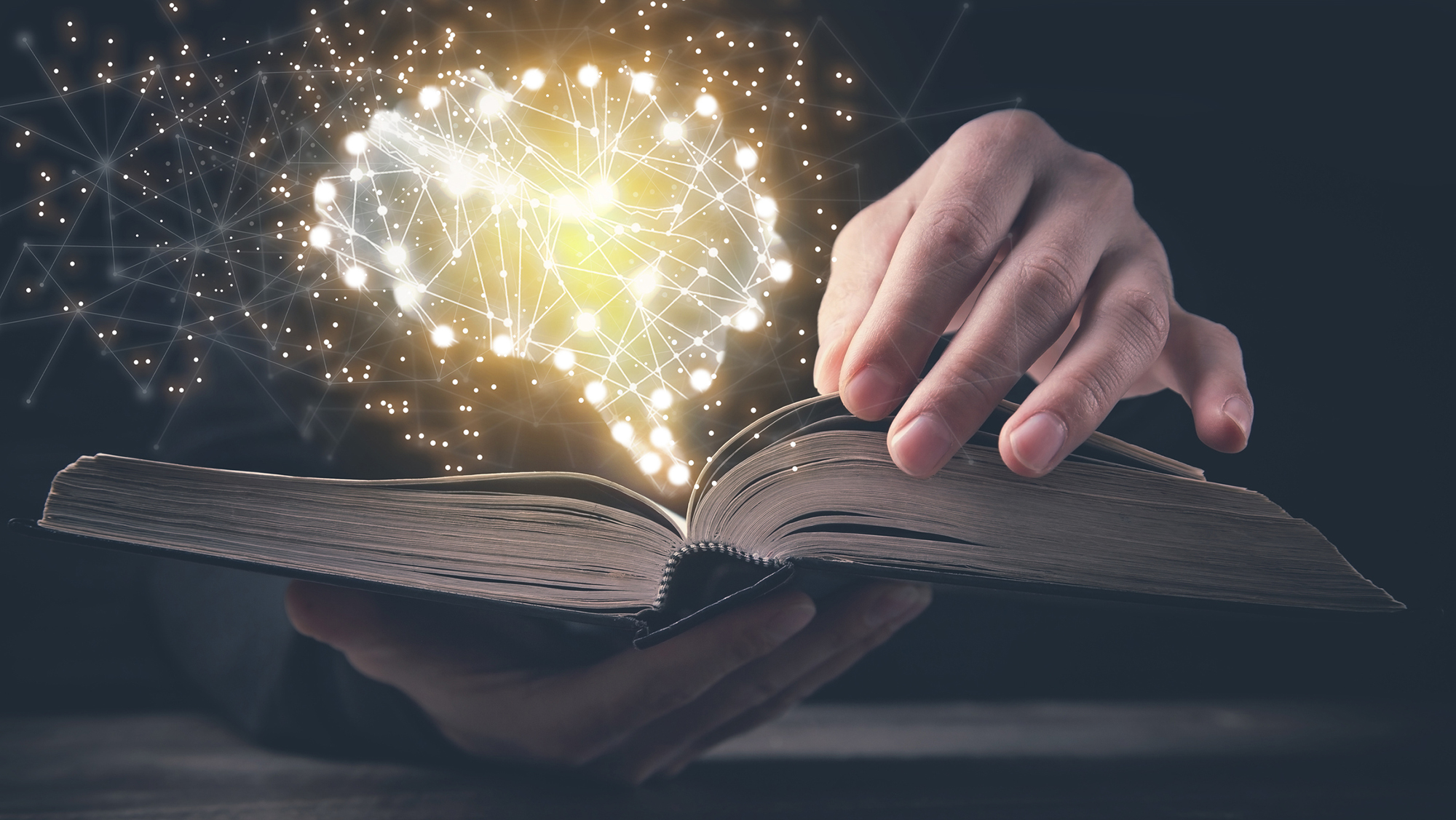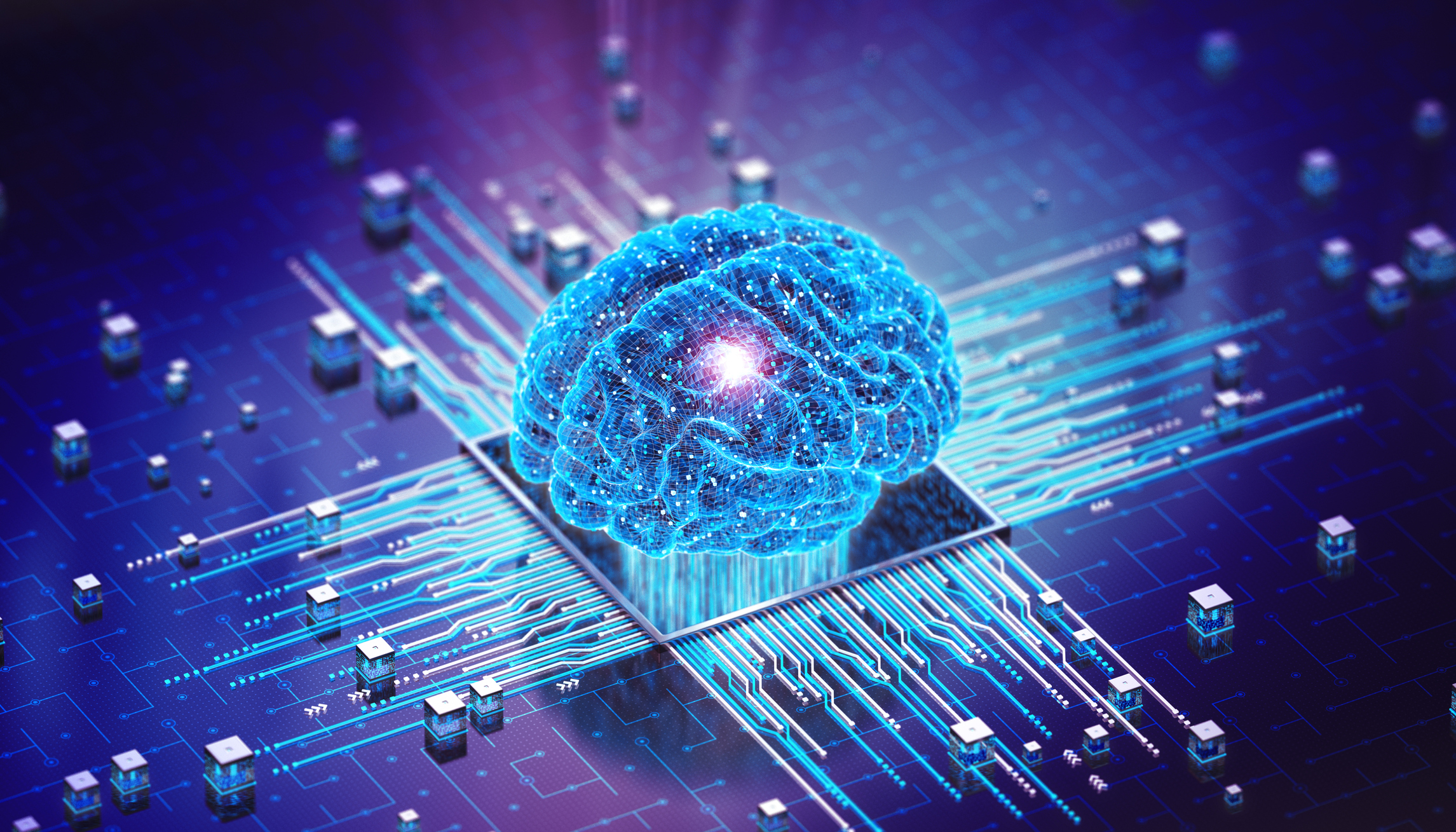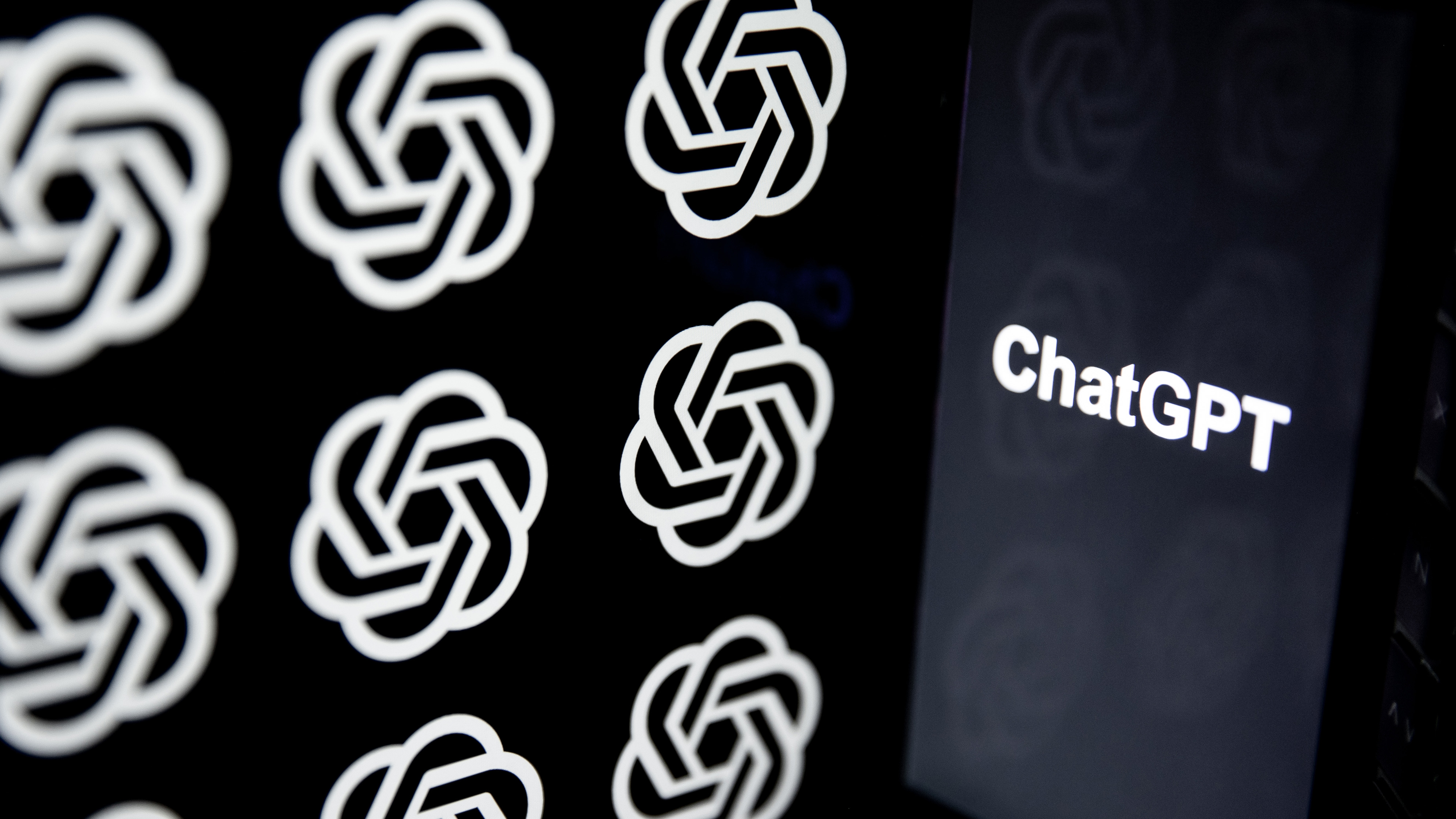More authors join ChatGPT copyright lawsuit
American Prometheus author is among those now taking legal action against OpenAI and Microsoft over copyright and fair use concerns


The writer of American Prometheus, inspiration for last summer’s blockbuster Oppenheimer, is among a group of 11 non-fiction authors who have joined a lawsuit against OpenAI and Microsoft.
The lawsuit, originally filed by author and Hollywood reporter Julia Sancton, argues that the large language model (LLM) training of ChatGPT infringes on creative copyrights.
The Pulitzer prize-winning plaintiffs claim that OpenAI’s use of web scraping to train its AI model infringes on their ownership of original material. The authors feel their writing is being misused and are calling for injunctive relief to stop the company from using their material in the future.
In this class action case, OpenAI and Microsoft are described as having “built a business valued into the tens of billions of dollars by taking the combined works of humanity without permission”.
“Rather than pay for intellectual property, they pretend as if the laws protecting copyright do not exist,” the lawsuit continued. “The basis of the OpenAI platform is nothing less than the rampant theft of copyrighted works.”
This is the first AI lawsuit to take aim jointly at Microsoft and OpenAI, with the argument being that Microsoft's huge investment in OpenAI constitutes a level of liability on its part.
Confusion about how copyright laws apply to AI
This marks the latest in a series of lawsuits that are indicative of mountain confusion about how copyright law will apply to AI.
Sign up today and you will receive a free copy of our Future Focus 2025 report - the leading guidance on AI, cybersecurity and other IT challenges as per 700+ senior executives
In September 2023, the Authors Guild, which represents the likes of Game of Thrones author George RR Martin, took similar legal action against OpenAI. As part of the case, Authors Guild CEO Mary Rasenberger pointed out that generative AIs are only able to “generate material that is derivative of what came before it”.
The argument is that an AI-generated response is not an original piece of material, but a piece of licensed, protected content. By this logic, AI users could be implicated in acts of plagiarism if they provide proper attribution to original work.
RELATED RESOURCE

The enterprise’s guide for Generative AI
Make the most of the opportunities GenAI offers
“The legalities will depend on an understanding of how the training works and how that relates to the existing laws in different countries,” said Simon Barker, Partner and Head of Intellectual Property at Freeths, in comment to ITPro.
“However, there are bigger policy questions for governments in deciding whether tighter regulations are required over the training of AI systems or whether to deregulate in support of AI development,” Barker added.
Companies like OpenAI could end up facing greater levels of regulation, in turn impacting on their relationship to the government. Tech companies are rarely big fans of regulation, and governments will face difficult decisions when judging how far they go in regulating LLMs to protect copyright owners.

George Fitzmaurice is a former Staff Writer at ITPro and ChannelPro, with a particular interest in AI regulation, data legislation, and market development. After graduating from the University of Oxford with a degree in English Language and Literature, he undertook an internship at the New Statesman before starting at ITPro. Outside of the office, George is both an aspiring musician and an avid reader.


